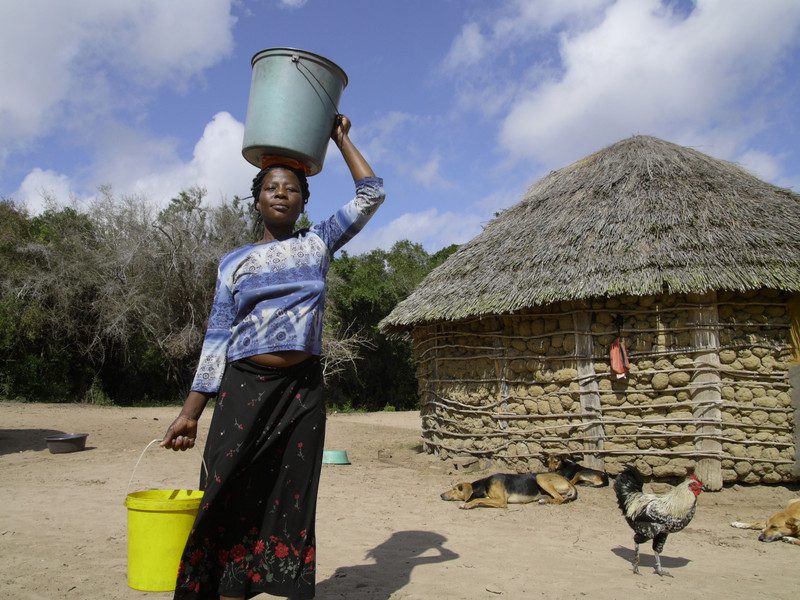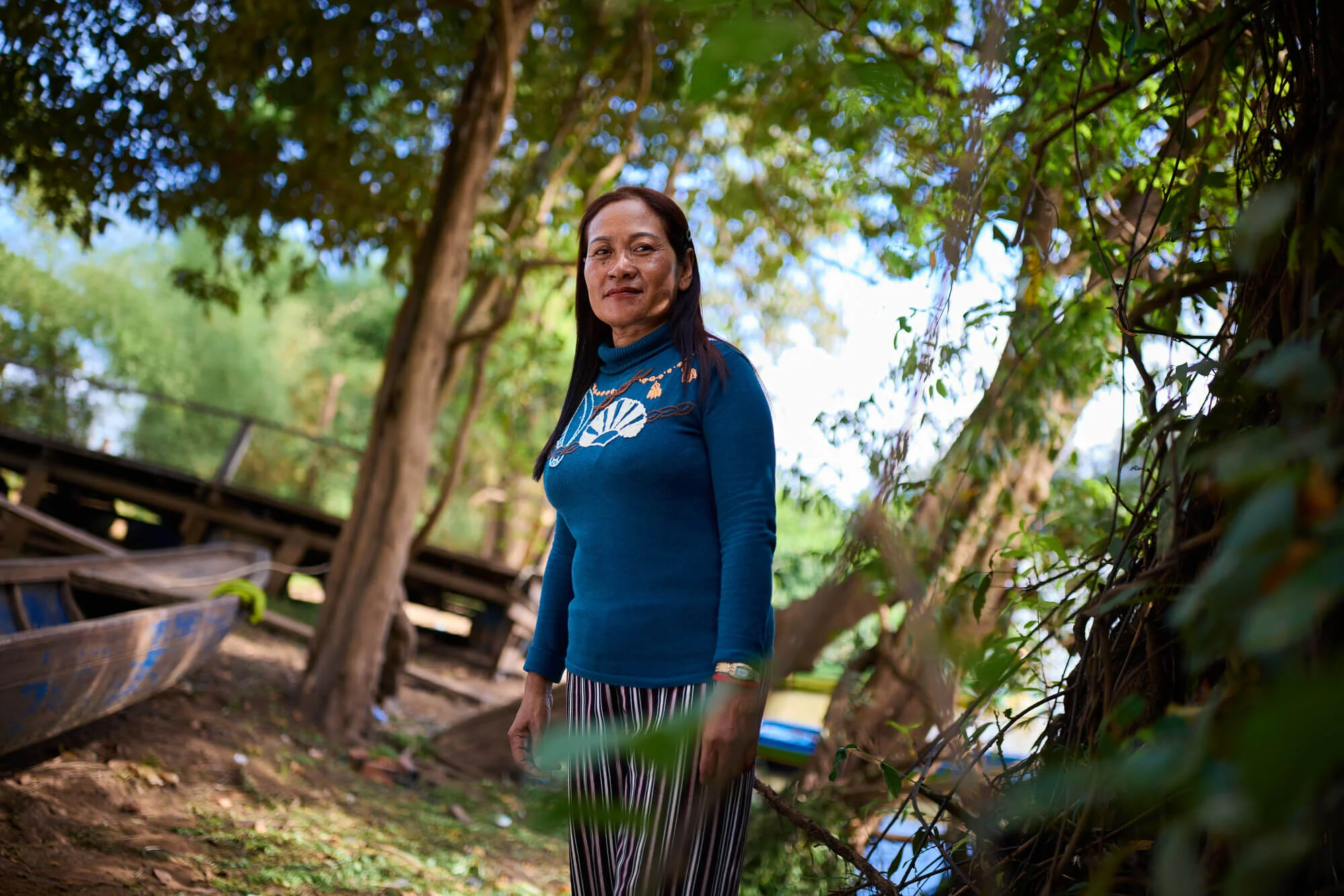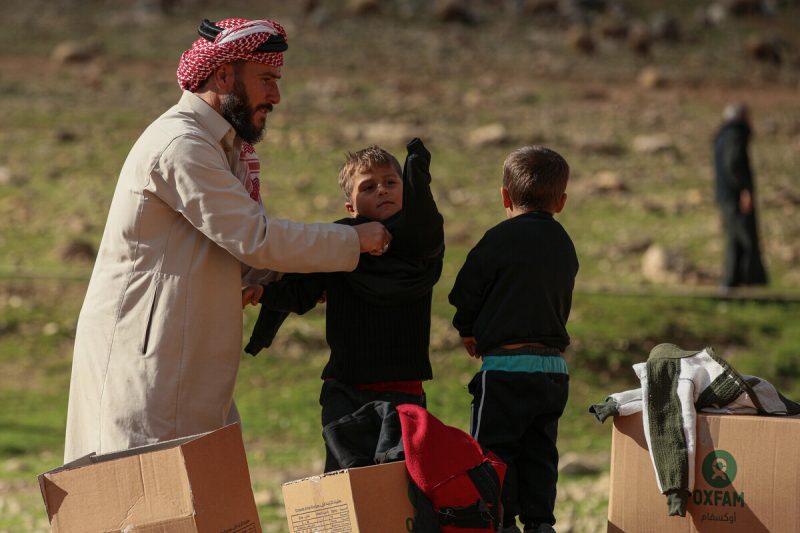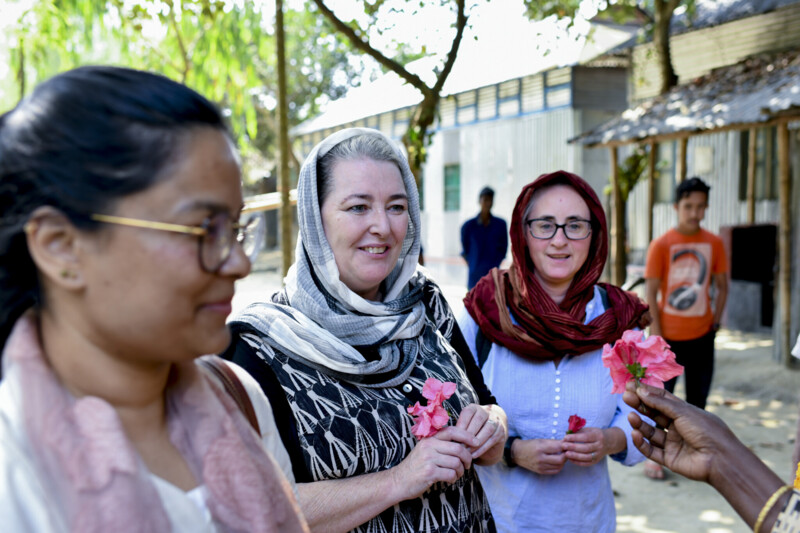Safe, clean water is fundamental to our daily lives.
Yet worldwide, nearly one billion people have no access to it.
World Water Day was established by the UN to raise public awareness about safe water. Its main focus is the importance of freshwater for consumption, and advocacy for the sustainable management of freshwater sources. Each year, a different aspect of freshwater is highlighted.
This year’s WWD is concerned with water and food security.
Why is water a key to food security?
Food security exists when everyone has physical and economic access to enough safe and nutritious food to meet their dietary needs.
People with good access to water tend to be better nourished than those without. Insufficient water can be a major cause of famine and undernourishment, particularly in regions where people depend on local agriculture for food and income.
Erratic rainfall and seasonal changes in water availability can cause temporary food shortages. Serious food emergencies can arise as a result of floods and droughts.
Find out more about World Water Day 2012
Water for food
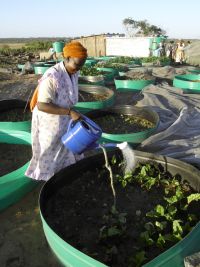
In South Africa, Oxfam supports a program called the uMkhanyakude Partnership Program. Based in the uMkhanyakude district of northern KwaZulu-Natal, the program aims to improve access to water for food security initiatives. UMkhanyakude is a dry area in which most households have limited access to water.
The program has worked with participating partners to increase their technical skills in the field of water security and infrastructure, and has built two catchment dams designed to improve water supply to communities and thus assist in their food production. Other partner organisations have received support in the installation of household and community rainwater harvesting systems; as well as technical advice on the use of appropriate technology for water supplies. The program has also delivered training in water and natural resource management.
One of the partners involved in the program, Maputaland Development and Information Centre (MDIC), shares some of their challenges around water. “Water is one of the sources of development, if there is no water there is no development” says Dumisani Malwane, Chief Executive Officer for MDIC. “People in the area were walking long distances to collect water in plastic containers to irrigate their vegetables; this meant they spend valuable time looking for water. MDIC with Oxfam funding, identified underground water as a viable water source to tap into. We have drilled boreholes, built tanks and irrigation systems alongside the community members to solve the problem of water in the area.”
The outcome of these improvements has been resoundingly positive. “The community are now working to upscale their vegetable production so that they can sell commercially and generate an income for their village,” Dumisani observes.
Water and gender
In developing countries, the burden of water collection, transportation, storage and management almost always falls to women and girls.
Walking long distances is unsafe and time spent on water management reinforces existing gender inequities in schools and the workplace. Certainly, the uMkhanyakude Partnership Program has found that women and children face a disproportionate responsibility for ensuring day-to-day food security for their families — not to mention the additional challenge of fulfilling the specific nutritional needs of family members living with HIV.
By providing communities with better access to water, the program is aiming to reduce the pressure on women and girls when it comes to finding enough water to grow food for their families.
Oxfam and water
Oxfam’s multi-country Water, Sanitation and Hygiene (WASH) program is co-funded by the AusAID CSO WASH Fund. It has provided safe water to 48,598 poor and marginalised people from more than 100 communities in six countries. The water has been used for drinking, bathing and washing as well as for household gardens and communal vegetable and fruit tree plots.
Find out more about Oxfam’s work with water.
Help us bring clean water to poor communities in Cambodia, by donating to our Water Appeal.
